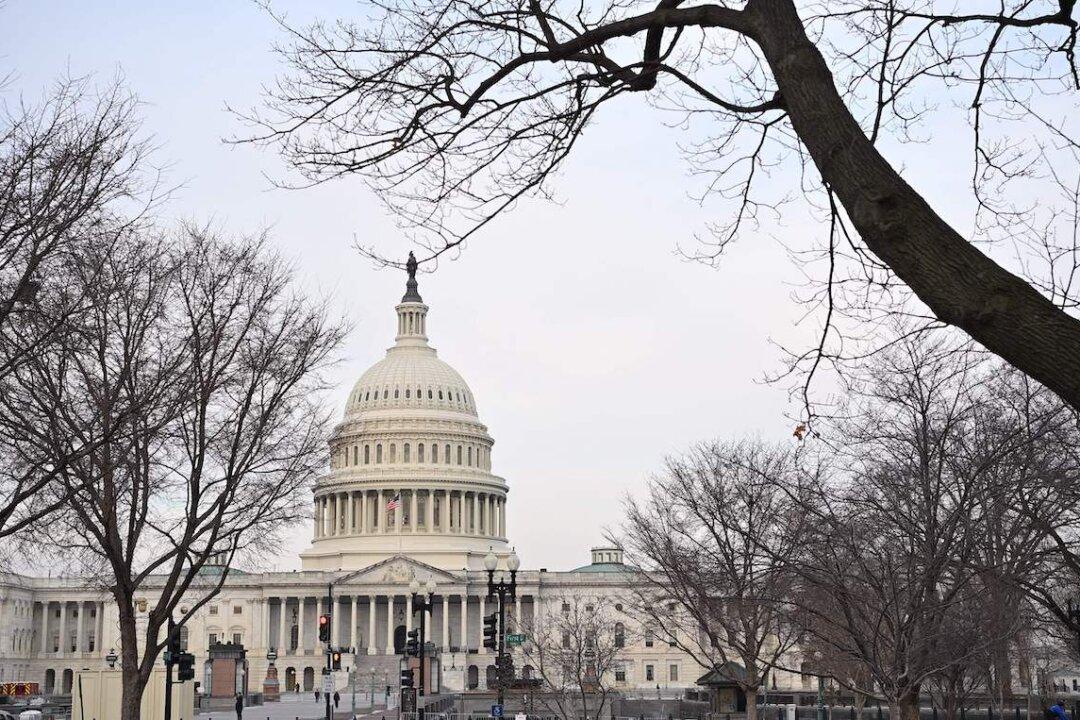The Senate on Thursday passed the Ending Forced Arbitration of Sexual Assault and Sexual Harassment Act, which has been colloquially dubbed the “#MeToo” bill, and has sent it to President Joe Biden’s desk for signature.
The bill would make significant changes to arbitration for victims of sexual assault and sexual harassment in the workplace, which proponents of the Ending Forced Arbitration Act say has historically been weighted in the favor of employers.





